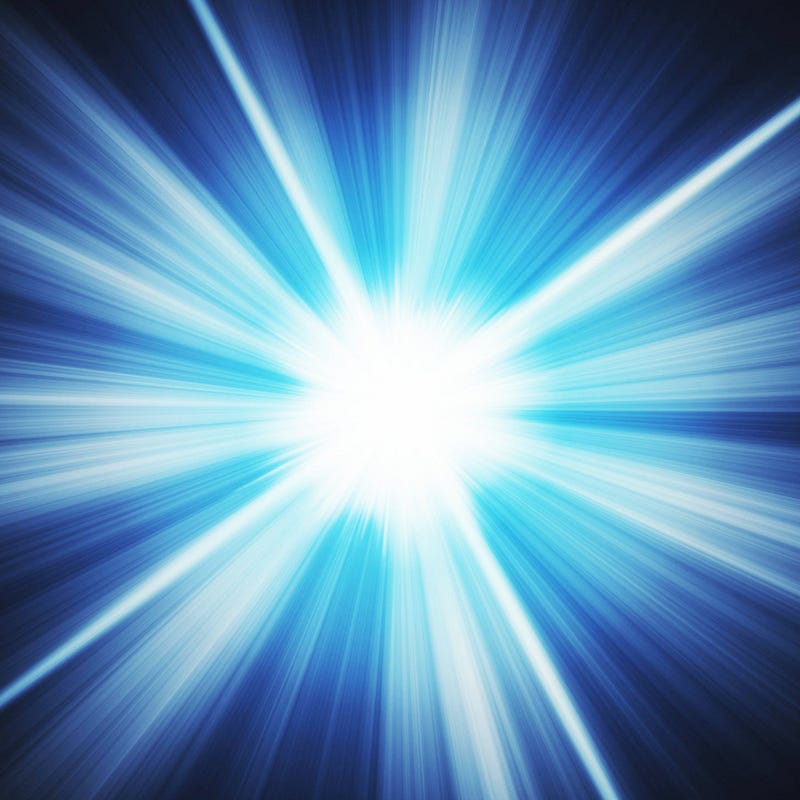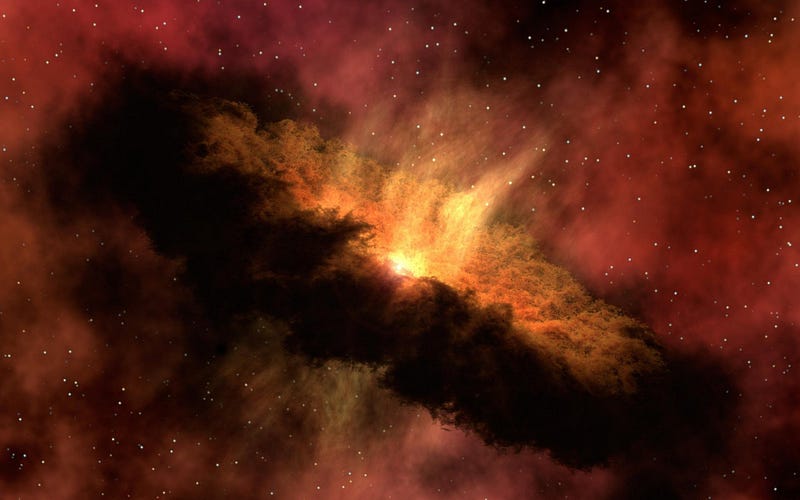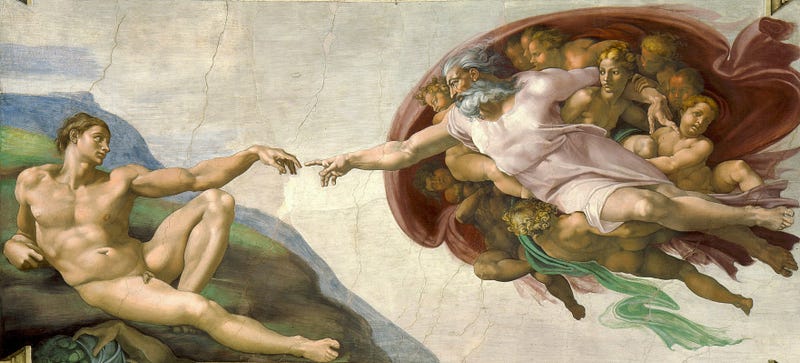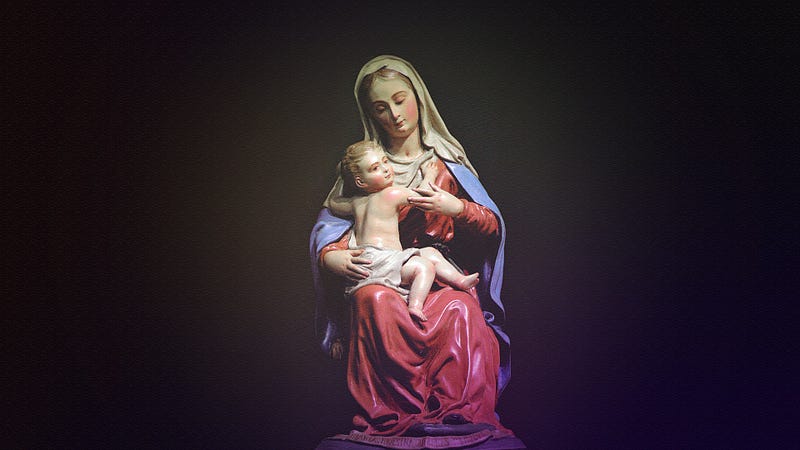# A Reimagined Concept of God: Beyond Contradictions and Limits
Written on
Chapter 1: Constructing a New Perspective on God
To envision a God free from contradictions, let us design one that withstands critical examination. If you seek a powerful deity, consider the concept of aleph-naught, the smallest form of infinity recognized in mathematics. While it represents the lowest infinity, it remains an infinity nonetheless.
In this framework, our God possesses infinite power. Should someone assert the existence of a deity with a higher infinite capability, you could respond affirmatively, acknowledging that such a being is a belief you do not hold. Even if a believer claims their God possesses aleph-one strength, which surpasses your aleph-naught deity, you may respectfully disagree. Neither party can conclusively prove the existence of a God at either aleph-naught or aleph-one levels, yet each belief provides some rationale for their faith.
Next, we encounter a mathematical theorem that challenges the notion of an all-knowing deity. To address this, one can propose that while this God may not possess complete knowledge, He operates at a level far beyond even the most advanced supercomputers—past, present, or future. Consequently, this God makes decisions that are superior to any other entity, despite not being omniscient, which is an impossibility. This perspective rejects the idea of inerrancy but supports the notion of a highly intelligent God, which remains a plausible concept.
Section 1.1: The Evolution of God Over Time
It is absurd to claim that God is immutable. Any new information that impacts God must inevitably alter Him, even if in a minor way. A more consistent view acknowledges that God evolves in response to events and circumstances.
When you pray, there is a possibility that He may not hear you, reinforcing His non-omniscience. Patience is required, as He is responsible for the vastness of the universe, a monumental task even for an infinitely powerful being.

Chapter 2: The Universe and Creation
The universe is expansive, originating from a Big Bang event. The assertion that God created humanity or the Earth can be refuted; therefore, it is more sensible to accept that God permitted the Big Bang and now observes in amazement, just like us, as events unfold. He may not possess complete knowledge of His universe, but He certainly knows more than any other being.

In this understanding, humanity was not fashioned in God's likeness. God exists beyond the constraints of physical form, observing the evolutionary processes that led to the emergence of humans. When humanity developed, God acknowledged it as good. Women, too, emerged through the same evolutionary mechanisms. Thus, the narrative of creation aligns with the scientific viewpoint of evolution.

God witnesses the planet's history, including the extinctions caused by various calamities. He observes which species thrive and which face extinction, rooting for survival without direct intervention. If He could have acted, perhaps He would have altered the trajectory of the asteroid that struck Earth 65 million years ago.

Section 2.1: The Nature of the Trinity
Eventually, God manifests the Trinity, creating distinct aspects of Himself. This process of self-duplication allows for the existence of the Father, the Son, and the Holy Spirit, each retaining infinite power at the aleph-naught level. This interpretation resolves potential contradictions, as each aspect can be seen as part of a greater whole while maintaining individuality.

Can God face mortality? In theory, as a being capable of change, God might die. However, this potential for change also allows for renewal and rebirth, ensuring that God remains active and engaged. While He may have existed before the Big Bang, He is not eternal in a traditional sense; His existence may have a beginning.

Regarding the narrative of a divine son sent to sacrifice for humanity, this reflects human vanity rather than divine intent. God observes His creation, not dictating outcomes. While humans may possess less power than God, He may take delight in the unique qualities exhibited by individuals. God may offer guidance but does not orchestrate every individual’s fate.

Section 2.2: Miracles and the Nature of Faith
The miraculous events described in biblical texts are often embellished retellings of real occurrences. As these stories evolved, the miraculous elements became more pronounced, leading to the current interpretations. Followers of this reimagined God may not accept these miracles as they contradict natural laws. Historical figures like Jesus were likely insightful individuals rather than miraculous beings.

In conclusion, this redefined God transcends the analytical and intellectual challenges faced by traditional Abrahamic interpretations. Although this God may lack some of the grandeur of conventional depictions, the arguments presented here suggest that such a deity could exist.
# The Complexity of God: Understanding His Nature
| date: | 2024-10-14 14:23 |
|---|---|
| tags: | God, Religion, Science, Evolution, Jesus |
| slug: | complexity-of-god |
| summary: | A deep dive into the complexities of God's nature and how they align with scientific understanding. |
Thank you for engaging with this exploration of a reimagined God.